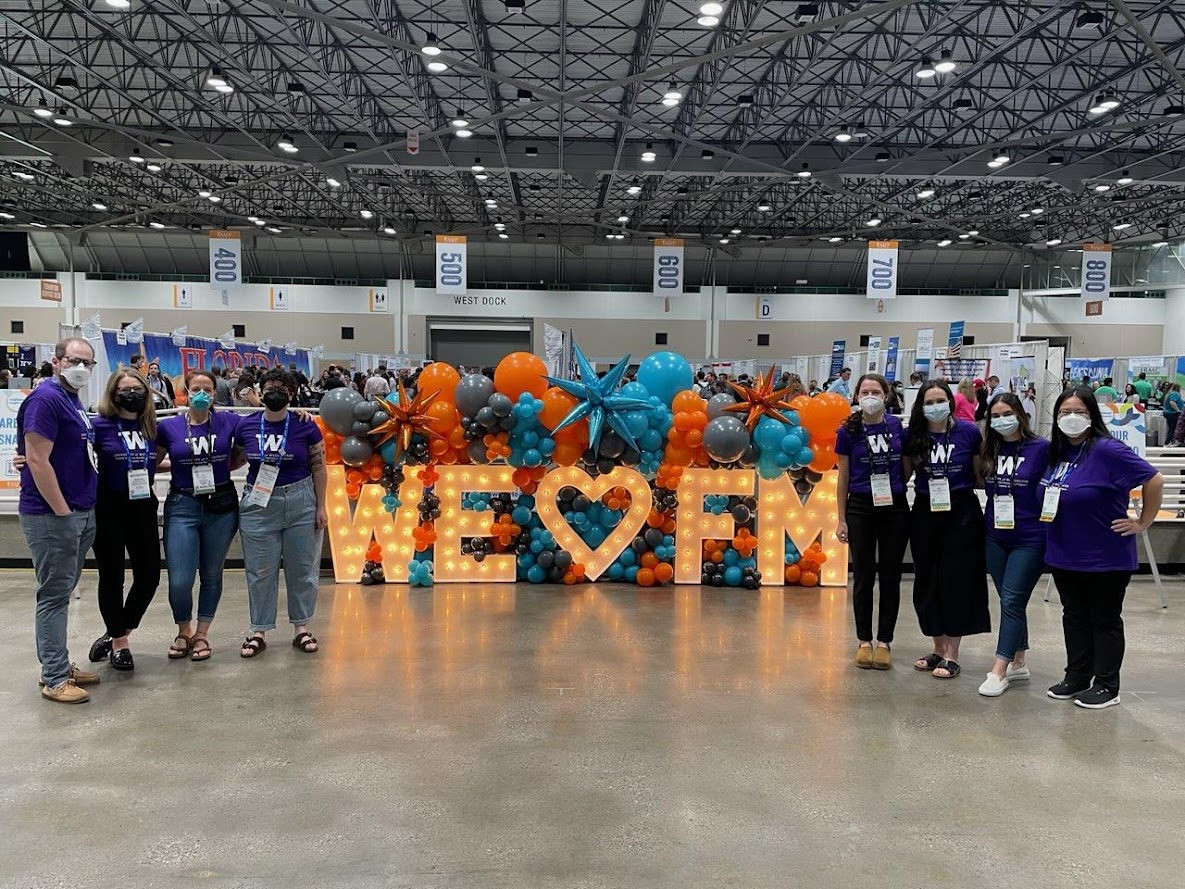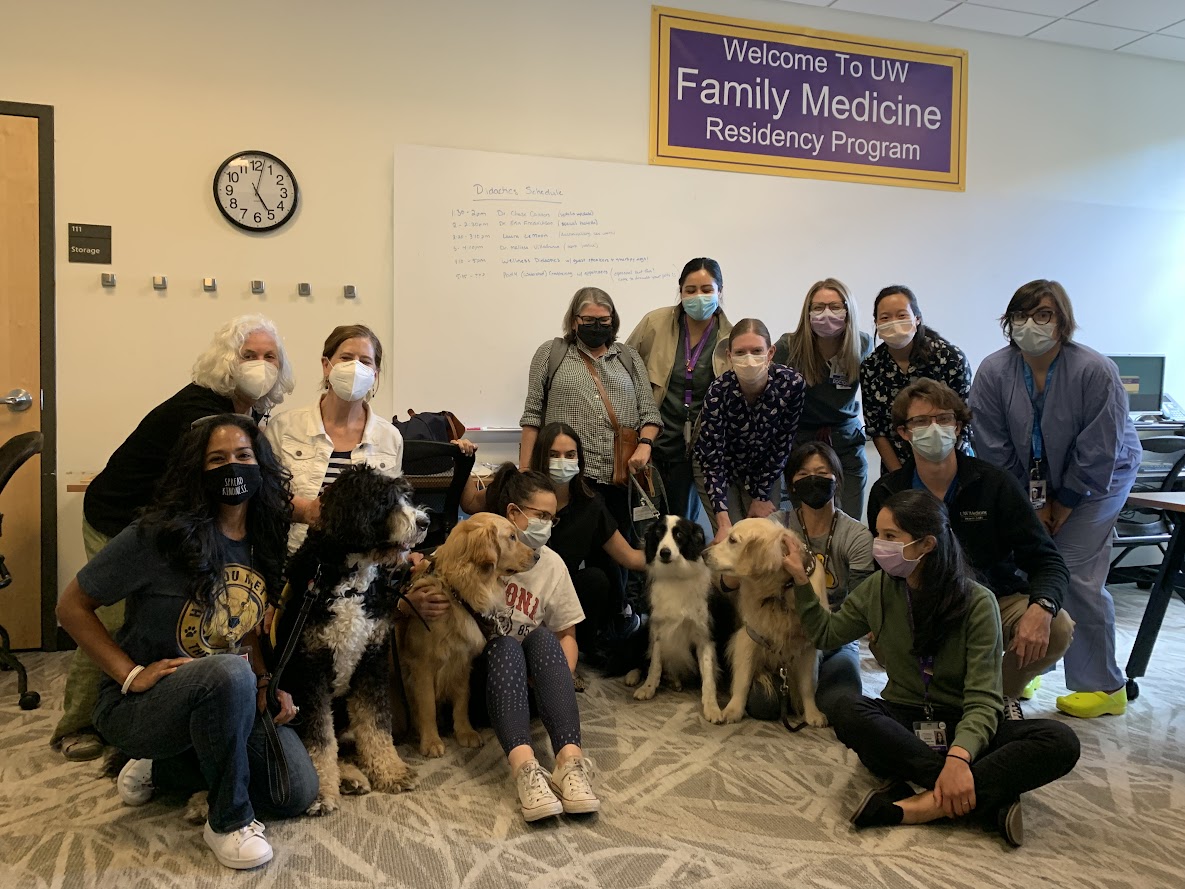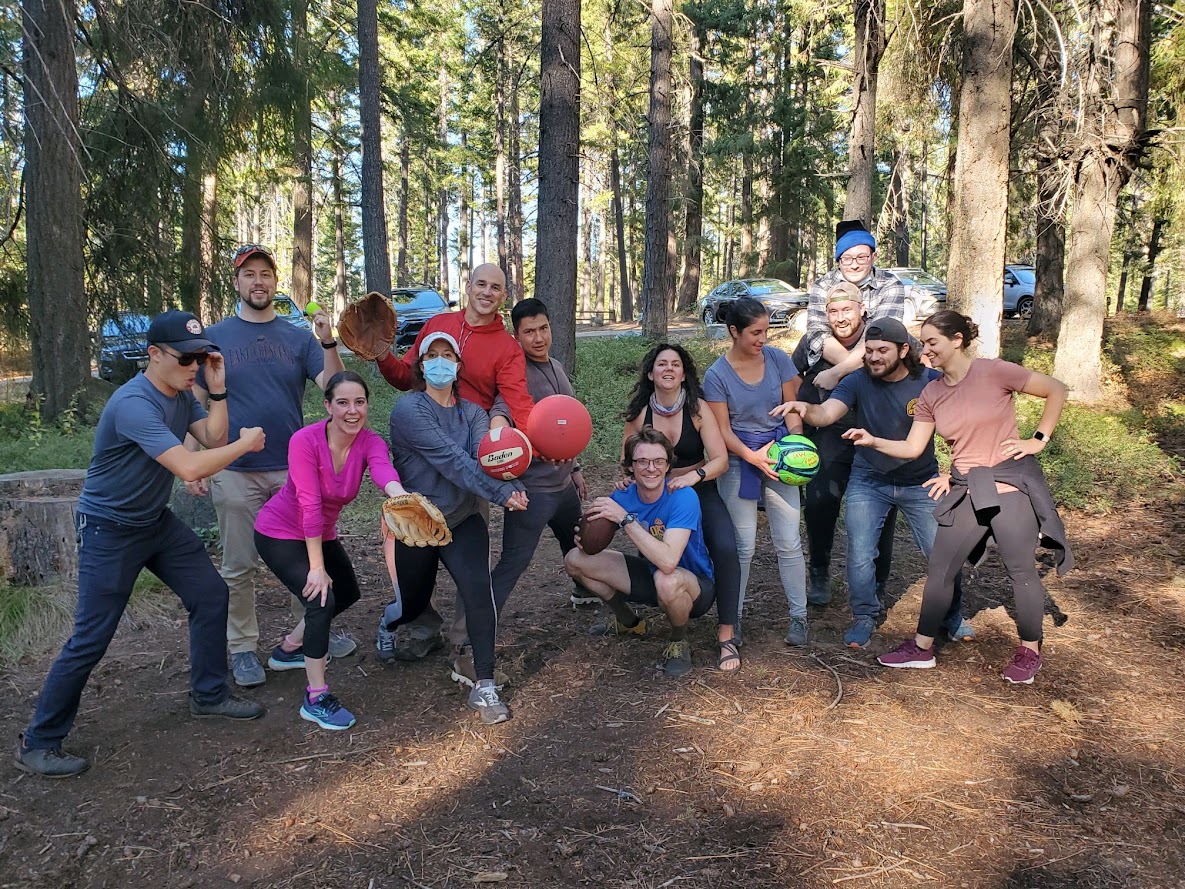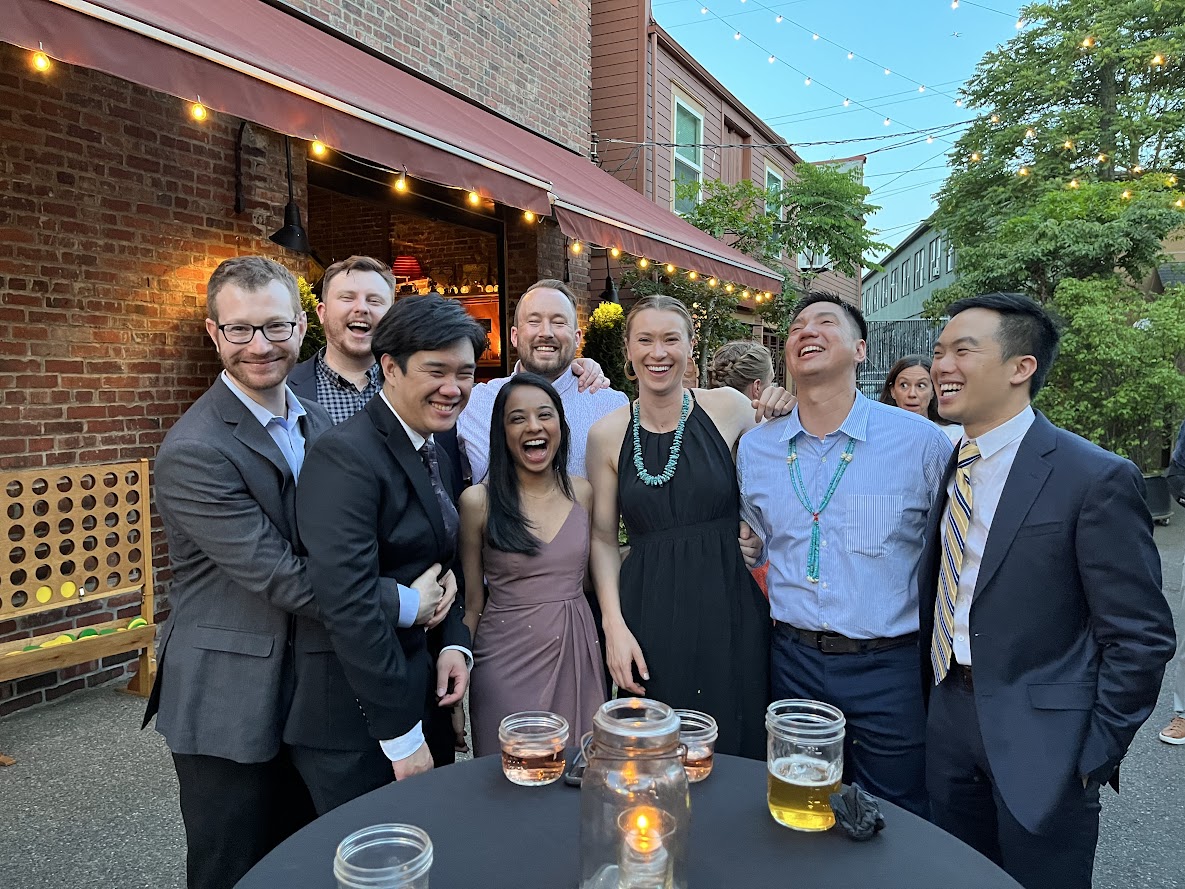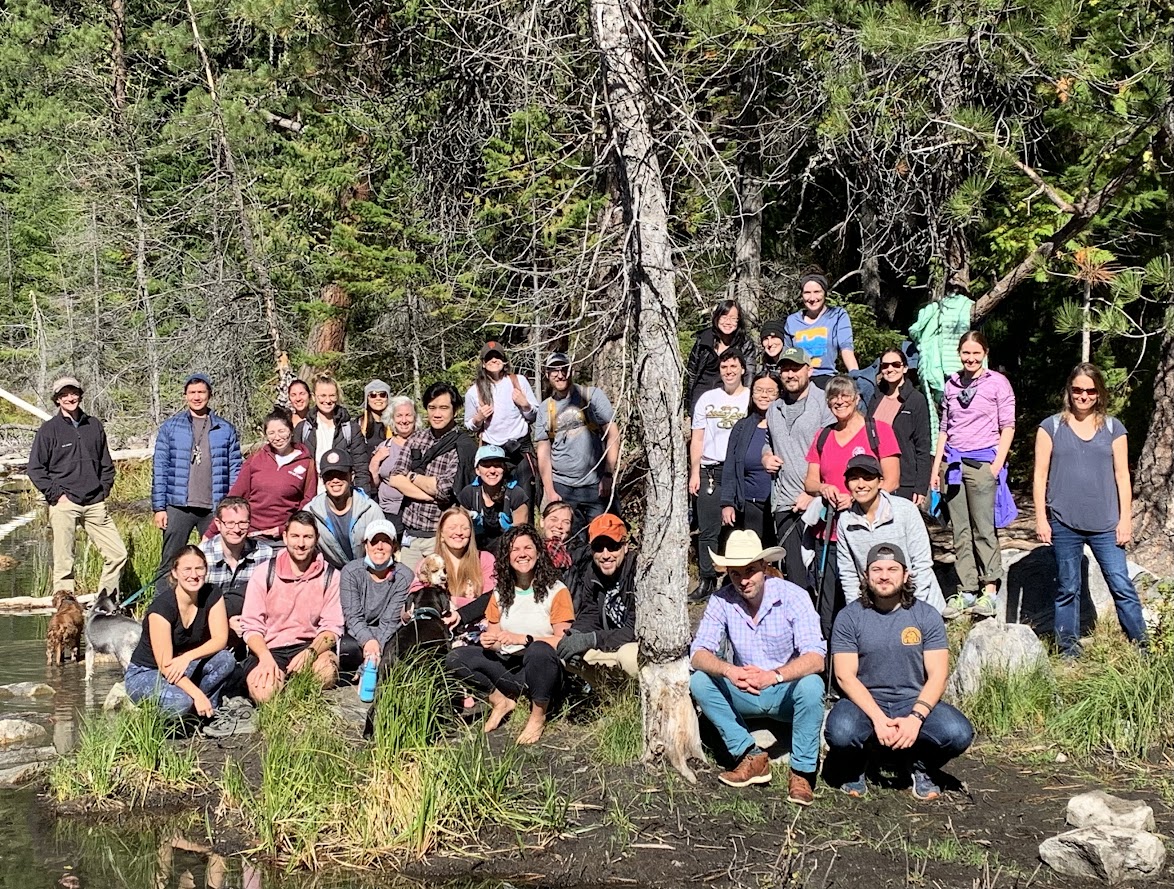Residency
We are a university-based residency program whose mission is to train and empower the next generation of family medicine leaders and educators to provide broad spectrum, team-based care in diverse communities and practice settings. We support intrinsic motivation, self-efficacy, and connectedness in a nurturing, individualized, and challenging learning environment that fosters a spirit of inquiry and self-reflection.
ApplyExplore Residency
Our Core Values
- Resident Growth: Overcoming challenges and embracing the inherent uncertainty of medicine are essential to this period of intense personal and professional development.
- Social Justice: Promoting every person’s right to accessible, high quality, patient-centered health care.
- Scholarship: Discovering, translating, and disseminating knowledge where learners teach and teachers learn.
- Collaboration: Learning and delivering care as teams, bridging disciplines, specialties, and practice environments. Our residents actively engage in the learning process and participate in the continuous improvement of our program.
- Supportive Work Environment: Creating a trusting workplace where residents, faculty and staff can think big, do good, have fun, and be their best selves.
- Family Medicine Identity: Celebrating the unique and revolutionary power of family medicine to meet the needs of patients, families, and communities both at home and abroad.
To demonstrate the commitment of our residents, faculty and staff to diversity, healthcare equity and anti-racism inclusion, the program and its Health Equity and Anti-Racism Committee (HEAR) developed specific DEI missions that complement and enhance the program’s core values.
Health Equity and Anti-Racism (HEAR) Vision
Every UW family medicine resident, staff and faculty will be a role model, educator, and leader in transforming healthcare to achieve health equity.
HEAR mission: To achieve our vision, we leverage our program’s core values:
- Residency Growth: Accepting, analyzing, and challenging our implicit biases and privileges.
- Social Justice: Understanding social and historical constructs that contribute to institutional racism. Building skills to dismantle or enhance structures as needed to achieve health equity.
- Scholarship: Creating and disseminating knowledge that unpacks systems of oppression.
- Collaboration: Building intentional relationships and networks so all voices can be seen, heard, and valued. Utilizing the large UW network to amplify anti-oppression work.
- Supportive Work Environment: Creating an anti-racist workplace where all faculty, residents and staff can succeed to their fullest potential.
- Family Medicine Identity: Harnessing the revolutionary power of family medicine to create a healthcare system that centers on marginalized communities, thereby meeting and exceeding the needs of all people.
